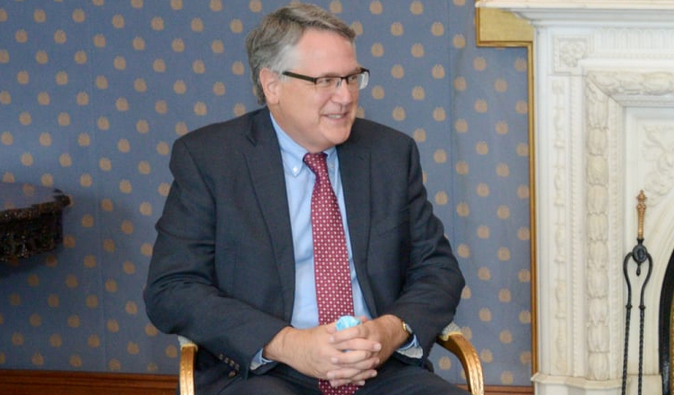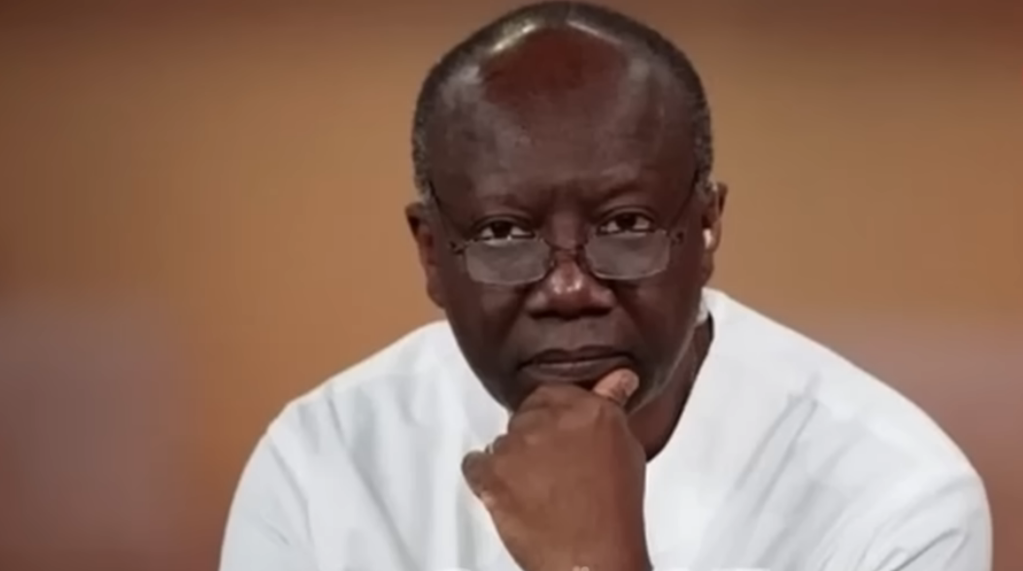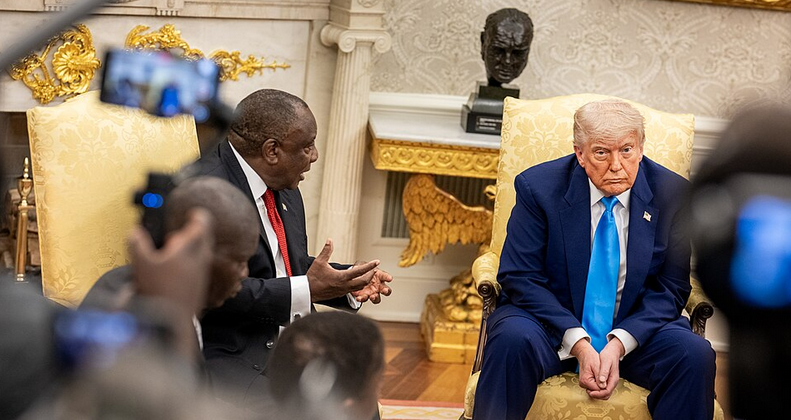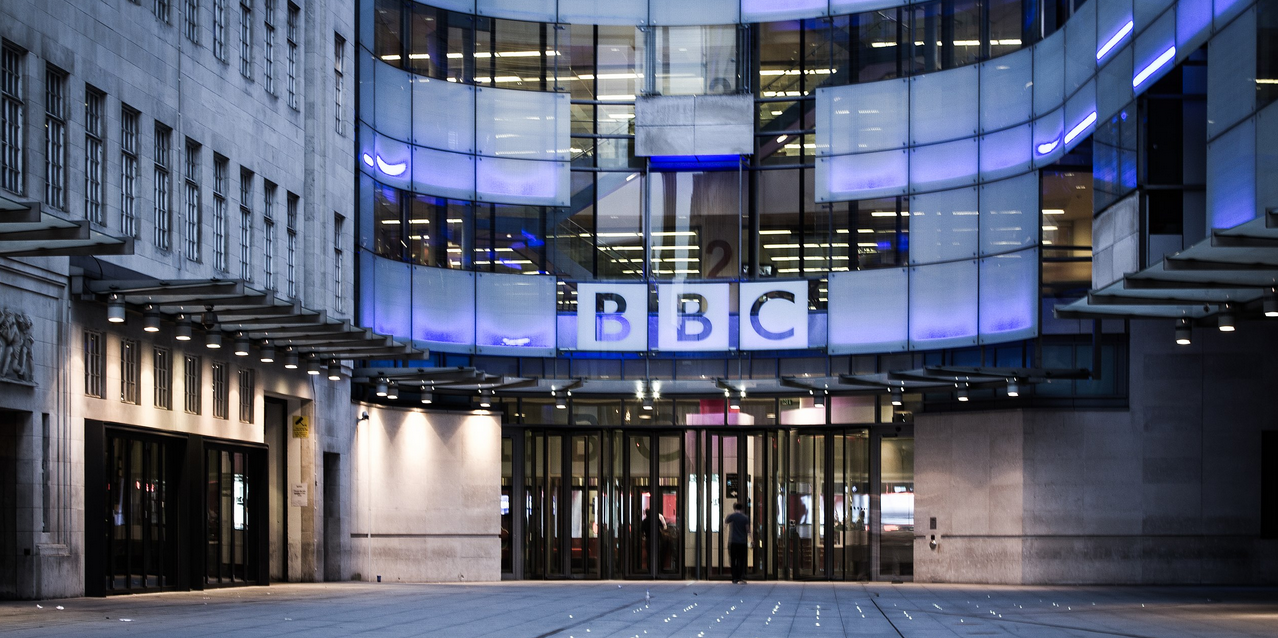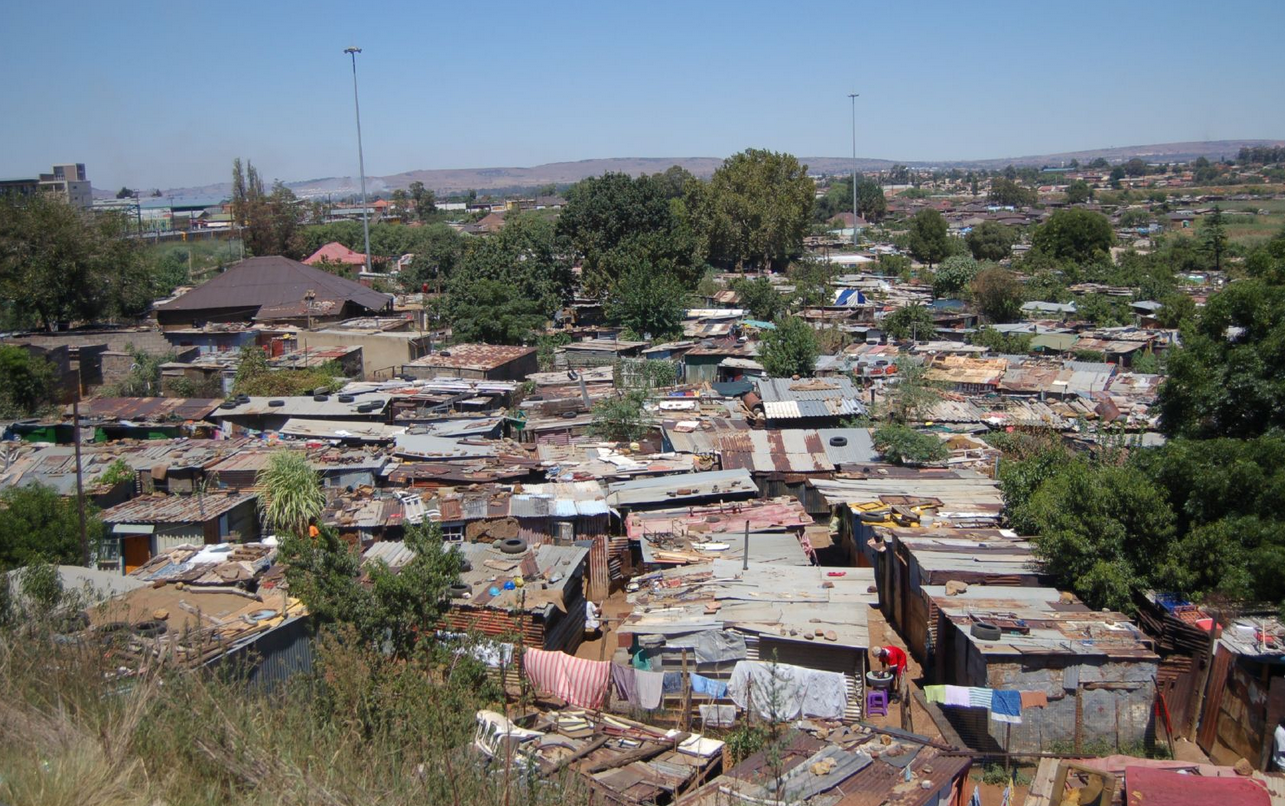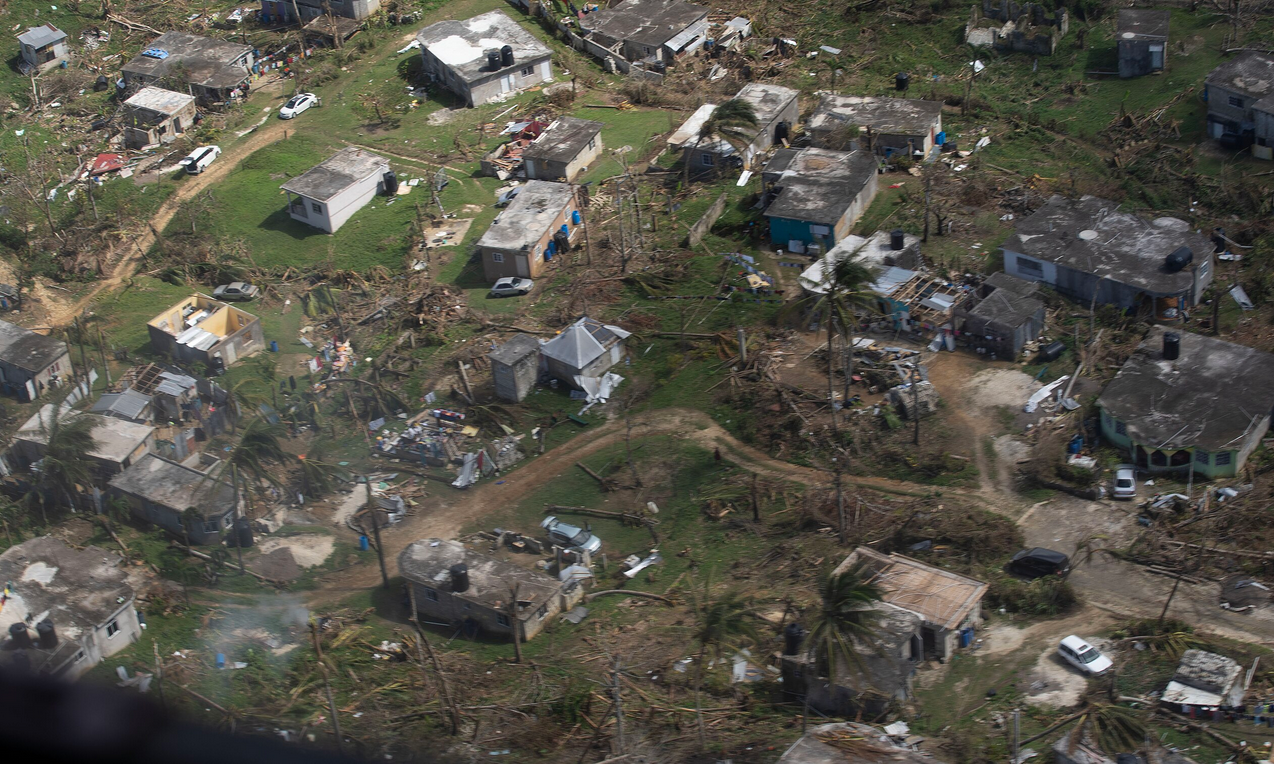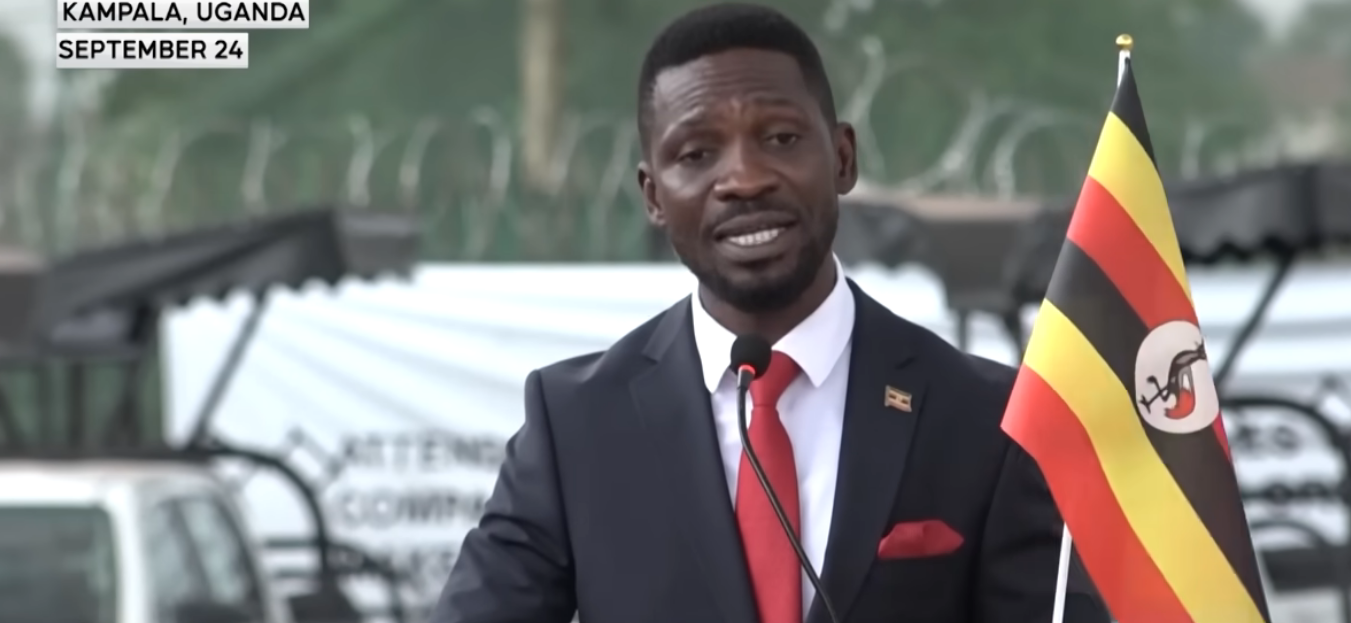Photos: Facebook\Wikimedia Commons
Donald Trump-appointed U.S. ambassador to Sierra Leone David Dale Reimer has been spitting fire against Sierra Leone’s recent presidential elections.

He’s questioned its “integrity” and “credibility.” Physician, heal thyself.
In a radio interview August 15, 2023, ambassador Reimer complained about the results two months after the Election Commission of Sierra Leone (ECSL) declared President Julius Mada Bio the winner. “The United States is concerned about irregularities in the results that were announced by the ECSL,” ambassador Reimer said, citing “statistical inconsistencies and lack of transparency.” He’s called for an investigation by entities from outside Sierra Leone.
He acknowledged Sierra Leone’s economic woes are primarily due to the Russia-Ukraine war which has escalated the cost of transport and the price of grains. Yet, Ambassador Reimer also implied that Sierra Leone’s access to millions of dollars in U.S. Millennium Challenge Corporation (MCC) development funds will be suspended, which will worsen conditions and sow instability.
In addition to foreign investigation of the vote—something that certainly didn’t happen with the disputed 2020 U.S. vote—ambassador Reimer demands that the government enter dialogue with the opposition party. Dialogue are commendable but hardly feasible when ambassador Reimer is holding a sword over the head of the Sierra Leone government.
Ambassador Reimer must stop behaving like a viceroy or big Bwana in Africa.
The African Union (AU) Election Observer Mission (AUEOM) had a large contingent headed by former prime minister of Ethiopia, Hailemariam Desalegn, and concluded: “June 24 elections in Sierra Leone were conducted in peaceful, transparent and credible manner.” AUEOM decried the misinformation, disinformation, fake news and hate speech on social media platforms.
ECOWAS and the Commonwealth Observer missions also noted the elections were conducted peacefully while pointing out logistical challenges and transparency issues. None raised issue of credibility of the elections.
A Voice of America (VOA) broadcast on June 29, 2023 was headlined “International Observers Question Sierra Leone Election Results.” The AU, the Economic Commission of West African States (ECOWAS) and the Commonwealth Observers representing a much larger and more diverse community of nations are not “international” enough or “credible” enough in the eyes of the West. Only Europe and the United States are to be trusted.
Really? The U.S. 2002 vote was so rife with irregularities it introduced us to terms such as “hanging chads,” “pregnant chads,” and “dimpled chads” to indicate the validity of ballots. Yet the U.S. now talks about election irregularities in Sierra Leone?
The Republican-friendly Supreme Court resolved the 2000 vote by handing over the presidency to George W. Bush, the Republican candidate who lost the popular vote. Donald Trump, who lost the 2020 elections claimed it was stolen and incited his supporters to storm Congress in an attempt to prevent transfer of power—an attempted coupe d’etat. Is this the kind of reaction that ambassador Reimer wants to see in Sierra Leone?
The tiny resource rich country with a population of about 10 million has held six elections with peaceful transfers of power since the end of its bloody civil war in 2002. Both opposition All People’s Congress (APC) and ruling Sierra Leone People’s Party (SLPP) have had an opportunity to win elections and govern.
The U.S. is applying unjustified pressure on Sierra Leone, a country striving to consolidate democracy, while it supports militarists like Uganda’s Gen. Yoweri Museveni and Rwanda’s Gen. Paul Kagame, in power, respectively, since 1986 and 1994.
Instability is spreading throughout West Africa, with a series of coups since 2020—Mali, Guinea, Burkina Faso, Chad, and most recent Niger. ECOWAS has threatened to militarily intervene in Niger to restore ousted president Bazoum. Mali and Burkina Faso have threatened intervention to resist ECOWAS forces.
Given the loud drumbeats of war throughout the region why would the U.S. want to undermine Sierra Leone’s stability? Does the U.S. believe that regime change could offer better access to Sierra Leone’s rich extractive mineral resources? Could it be displeasure with President Bio for having led a very public campaign demanding that Africa be granted permanent membership on the United Nations Security Council?
Whatever the true reasons the U.S. must abandon its policy of intimidation. The days of U.S. hegemony in a unipolar world is a thing of history. The current impasse between government and opposition can be resolved through dialogue facilitated by the AU and ECOWAS.
The U.S. has yet to acknowledge President Bio’s victory. This reckless policy could send the wrong message to actors tempted on fostering the kind of instability spreading throughout West Africa.
